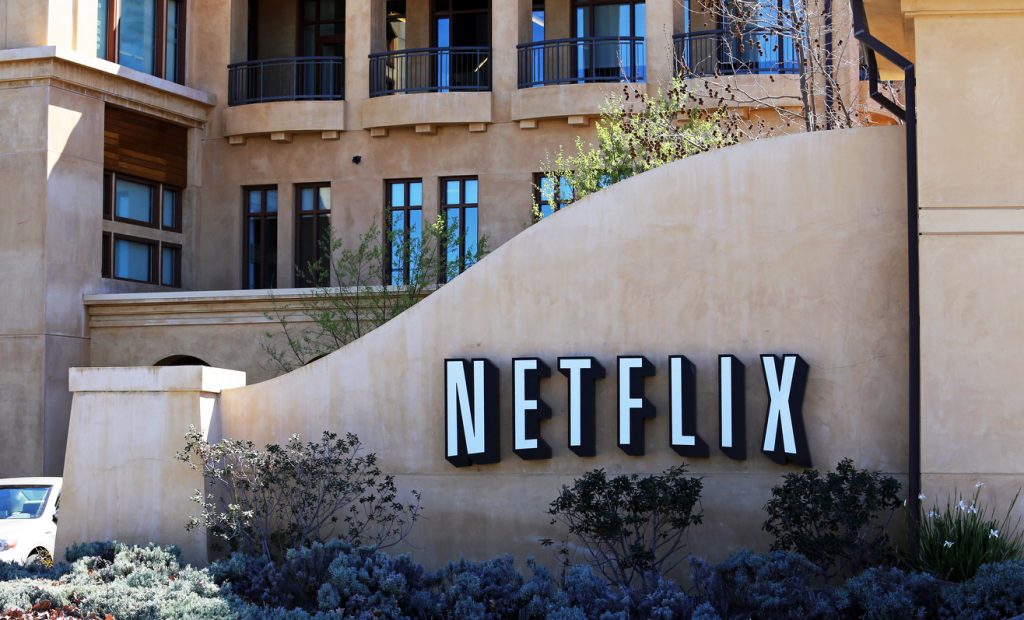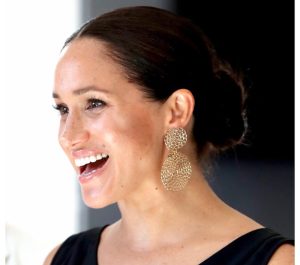US District Judge Kevin Castel said Fairstein had plausibly alleged defamation as to five scenes from the series, including that she coerced confessions, withheld evidence, and conducted a racially discriminatory police roundup of young men in Harlem. The judge said that the average viewer could conclude that these five scenes have a basis in fact, rather than simply reflecting the creators’ outlook on controversial historical events. The judge also said that Fairstein could pursue defamation claims against the series’ director, Ava DuVernay, and its writer and producer, Attica Locke. However, some other claims were dismissed.
Netflix, the world’s largest streaming service, has said it will continue to vigorously defend the miniseries, claiming it is confident that it will prevail against Fairstein’s remaining claims.
Fairstein was in charge of the sex crimes unit of the Manhattan District Attorney’s office in 1989 when a white female jogger, later named as Trisha Meili, was beaten and raped in Central Park. The attack led to the conviction of five male Black or Hispanic teenagers, who spent 5 to 13 years in prison before being exonerated in 2002 when another man confessed to committing the attack. A $41 million civil settlement was reached in 2014 with New York City, which did not admit any wrongdoing.





















